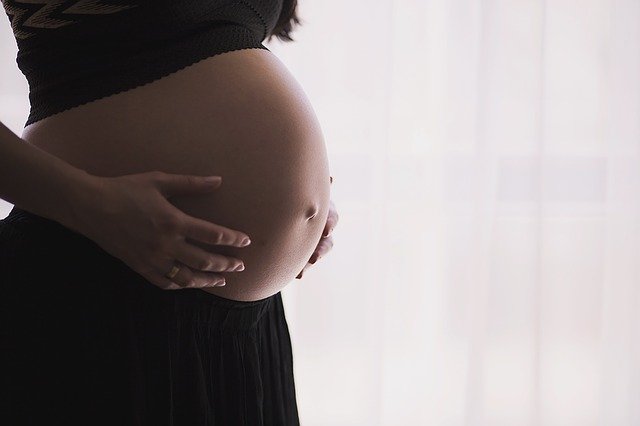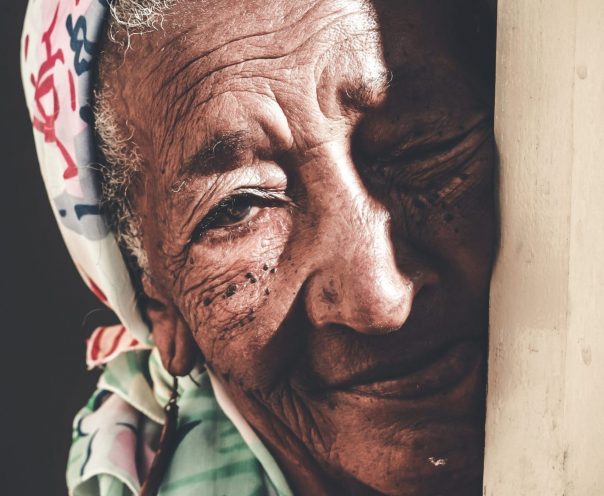Everyone seems to have conflicting feelings about motherhood. When I was growing up I never thought beyond motherhood being a female responsibility. More recently we have seen men claiming to be physically able to birth offspring. The age of the impossible I suppose. It is not clear how anyone would want to carelessly claim motherhood.
In real life, some theorists (mainly male) claim motherhood is a situation of privelege. They suggest that on becoming a mother the woman now has special gifts that guide how she behaves. These gifts should not be trampled on. Speaking from a male perspective, mothers shoudl always meet the requirements of gender, race, socioeconomic and marital status and how they fulfil these requirements is beyond the control of the mothers themselves.
Radical feminism has been aware if this position for some time. To them, these theorists of maternal privilege seem to have forgotten that motherhood is not simply a privileged position within patriarchy but the very basis of women’s oppression.
Including poverty in the definition of motherhood
When we look at the media, Springer 2010, feels it does little to help portray a positive view of those that mother. As he pointed out media coverage was higher and more negative for poor and underage pregnant women when reporting on health issues. Over the years it is as if concern for children is a rhetorical tool to define poor women and minorities as bad mothers. It is also used to blame women for the current changes in the family.
The way to counter this message is not to say that mothers are less privileged than their children. Rather, it is about saying that mothers are people who are valued by the people who value them, and that these values do not change when a person becomes a parent.
Graeme Seabrook in response to a comment about motherhood being a privilege tells us…. “Assuming that one does, indeed, get to choose to be a mother. And further, assuming that one is physically able to have a child…….. and or otherwise able to bring a child into your family? Lastly, assuming that this child is wanted and celebrated and the family is overjoyed…….
Then –
Mental illness, scarce or nonexistent maternity leave, lower wages if a mother returns to work and lower advancement over the course of a career, higher rates of poverty, unemployment, and abuse should not affect this privilege.
Any positives?

Let us take the side of mainstream media and describe the position as a privilege. This is fairly common especially among religious and social conservatives. These might well take umbrage at the attitude that “motherhood is a job” and argue that it is a privilege.
Others are stoking the flames by focusing on the joyful aspects of motherhood. Karen Rinaldi, a writer for The New York Times, voiced her opinion on motherhood in a controversial article . The original article promoted the idea that motherhood is a sacrifice.
The Motherhood Business is another source. It is a penetrating collection of ten original essays exposing the rhetoric of the maternity industry. It follows a distressed mother through an anxious maelstrom of smart toys, healthy foods, meals and educational opportunities. To the Motherhood Business, whether by choice or not, motherhood remains a sacrifice.
For many persons, motherhood is a conscious personal decision. For many more it is not. In those cases, it is not, it is surrounded by grief, rape, culture, non-existent family, weak economic planning, and the list continues. And having made or not made that decision, they then more often than not, face lack of sleep, changes in plans, self doubt and poor emotional support.
Clearly the argument will always continue. The balance between positives and challenges will always be influenced by socio-economic factors even more than personal decisions.
There are some positives that Mothers deserve
Karen Rinaldi’s article that recently appeared in the New York Times summs it up. Parenting is a world of long, intense self-improvement courses.
The Seabrook Essays believe mothers deserve more than the forced sacrifice that is the standard of modern motherhood. They deserve to protect their children and leave abusive households without fear of death, homelessness or hunger. They also believe that they deserve the full commitment of a parent, partner or father to their children’s lives.
The fact is motherhood never stops. It is a mix of joys and pains. Both for the children and herself.
Angelique Sandas in OMSATR reflecting on the fact that she is the white mother of 2 black boys faces up to the additional challenge of racism in their lives. To her, Racism is important especially if you are black, and living with children is important. The two cannot be separated.An important part of her mothering is making them re alise that their is a chalenge that will always be in their lives and dhe iwll be there to support them together.
The often quoted phrase “it takes a village to raise a child” tends to spring to mind when discussing motherhood. This phrase is under attack, so to speak, as family changes from day to day.

